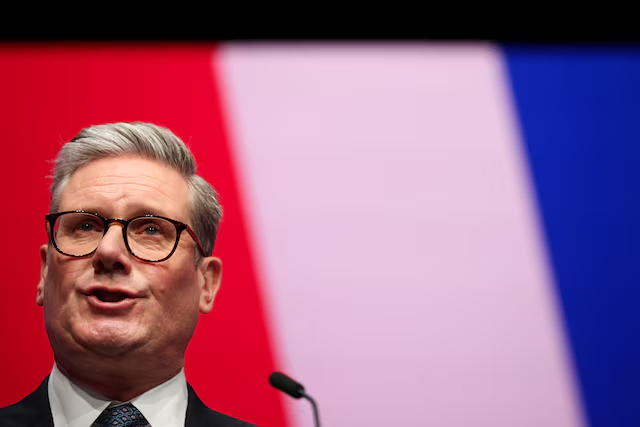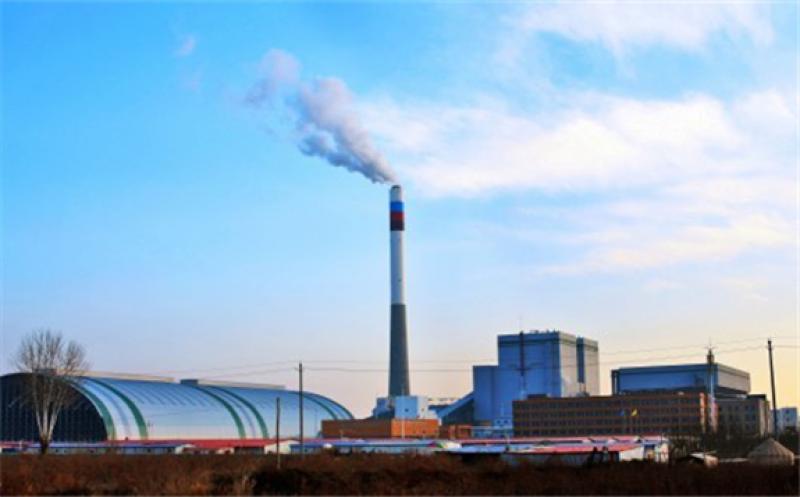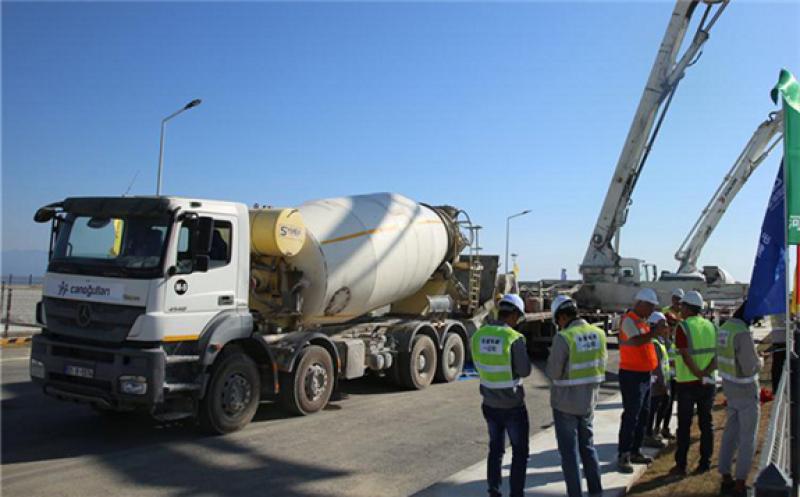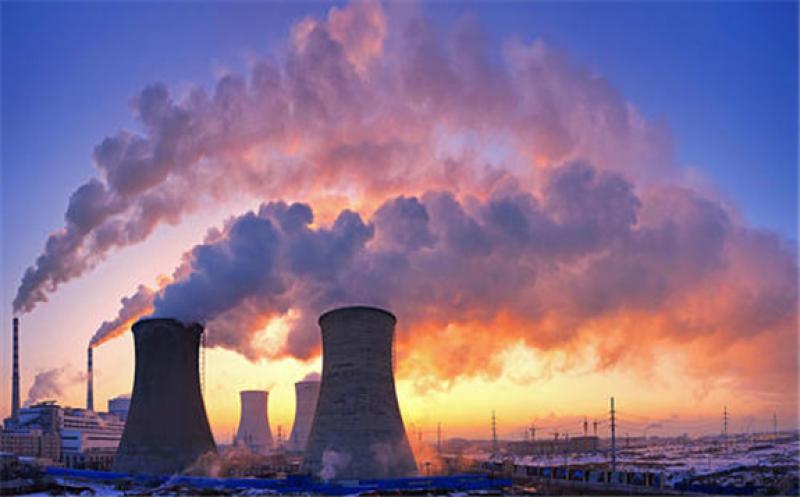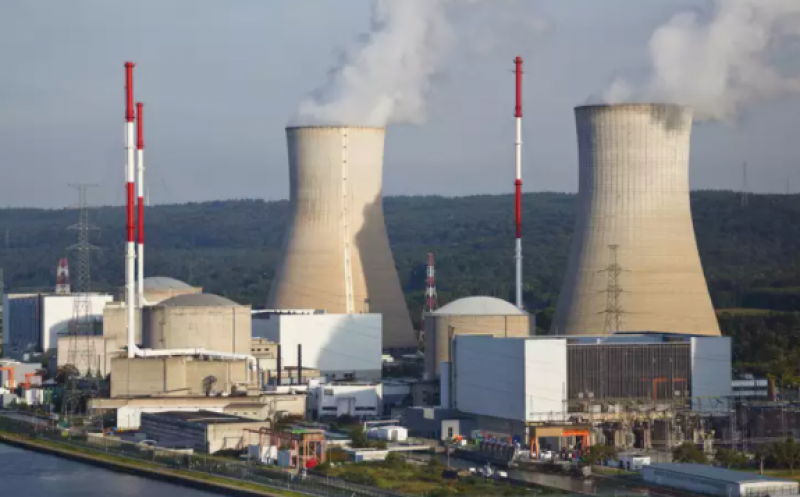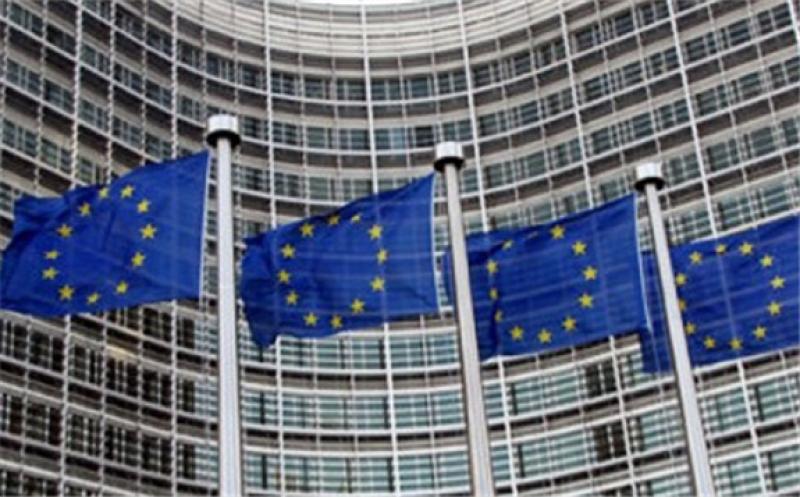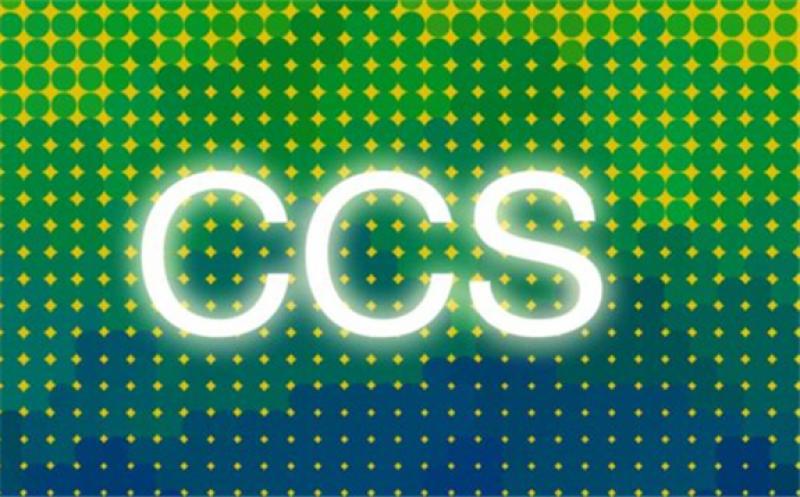Software giant Microsoft on May 10 announced it has signed a power purchase agreement (PPA) with nuclear fusion startup Helion Energy to buy electricity from Helion as soon as 2028.
Andrew Holland, CEO of the Fusion Industry Association, said Microsoft’s deal is the first time a fusion company has signed a deal to sell electricity.
Fusion power for decades has held promise as a source of nearly unlimited clean power, but commercializing the technology has been elusive. Several groups are working in the fusion space, with breakthroughs occurring over the past few months. Helion provides an explanation of its technology on the company’s website.
Analysts have told POWER that more than $5 billion has been invested in private fusion research companies as experiments with the technology have ramped up.
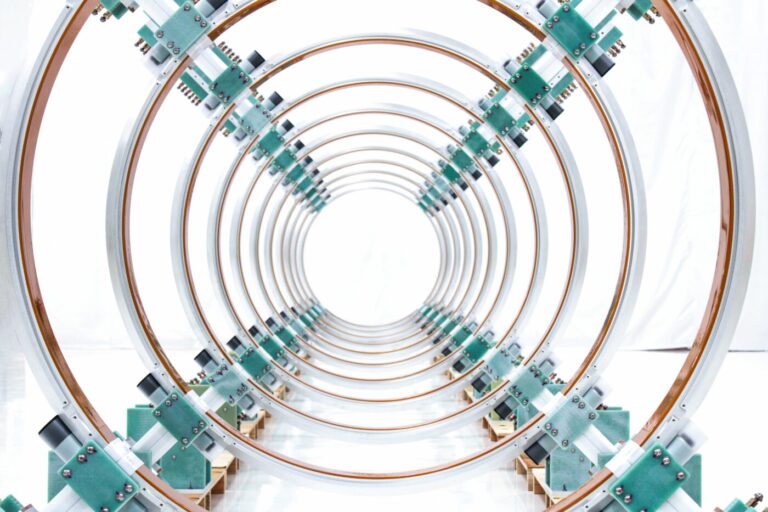
The coil of Helion Energy’s fusion system. Source: Helion Energy
Holland told news service CNBC: “This is the first time that I know of that a company has a power purchase agreement signed. No one has delivered electricity, and Helion’s goal of 2028 is aggressive, but they have a strong plan for how to get there.”
Helion Working on 7th Prototype
Helion, based in Everett, Washington, was founded in 2013. It is a privately held clean energy company that has been working on fusion technology since its founding. Helion has previously built six working prototypes, and was the first private fusion company to reach 100-million-degree plasma temperatures with its sixth fusion prototype. The company is currently building its seventh prototype, called Polaris, which is expected to demonstrate the ability to produce electricity in 2024.
The company’s best-known investor is Sam Altman, the founder of OpenAI, the artificial intelligence group responsible for ChatGPT. Microsoft is a lead investor in ChatGPT.
Altman told CNBC: “My vision of the future and why I love these two companies is that if we can drive the cost intelligence and the cost of energy way, way down, the quality of life for all of us will increase incredibly. If we can make AI systems more and more powerful for less and less money—same thing we are trying to do with energy at Helion—I view these two projects as spiritually very aligned.”
David Kirtley, founder and CEO of Helion, in a statement said, “This collaboration represents a significant milestone for Helion and the fusion industry as a whole. We are grateful for the support of a visionary company like Microsoft. We still have a lot of work to do, but we are confident in our ability to deliver the world’s first fusion power facility.”
Kirtley added, “With this partnership, not only are we advancing the timeline to have commercial fusion energy on the grid, but we are also supporting Microsoft’s goal to be carbon negative by 2030. With a long history of unveiling groundbreaking technology while considering their impacts on the climate, Microsoft is the ideal customer for electricity from our first fusion power plant.”
Device in Operation by 2028
The PPA notes that Helion is expected to have its fusion generation device operating by 2028. Kirtley said the PPA includes financial penalties for his company if it can’t deliver the fusion system. Helion wants to have power generation of 50 MW or more available for Microsoft within a one-year period, according to the agreement. Helion has said it eventually wants to produce at least 1,000 MW of electricity from fusion.
Microsoft, like some other technology companies, has a zero-carbon goal for its energy purchases by 2030.
“We are optimistic that fusion energy can be an important technology to help the world transition to clean energy,” Brad Smith, Microsoft’s president, said in a statement. “Helion’s announcement supports our own long-term clean energy goals and will advance the market to establish a new, efficient method for bringing more clean energy to the grid, faster.”
Helion on Wednesday said the agreement with Microsoft builds on sustainability goals previously announced between Microsoft and Constellation, which already is providing Microsoft with electricity from clean energy resources. The two companies announced their collaboration in early 2022.
“Constellation is committed to innovation and supporting next-generation clean energy technologies to combat the climate crisis, and fusion would be a game-changer,” said Jim McHugh, chief commercial officer at Constellation. “Combined with our hourly carbon-free energy matching solution, Helion and Microsoft are helping to build a future where carbon-free energy is the standard.”
